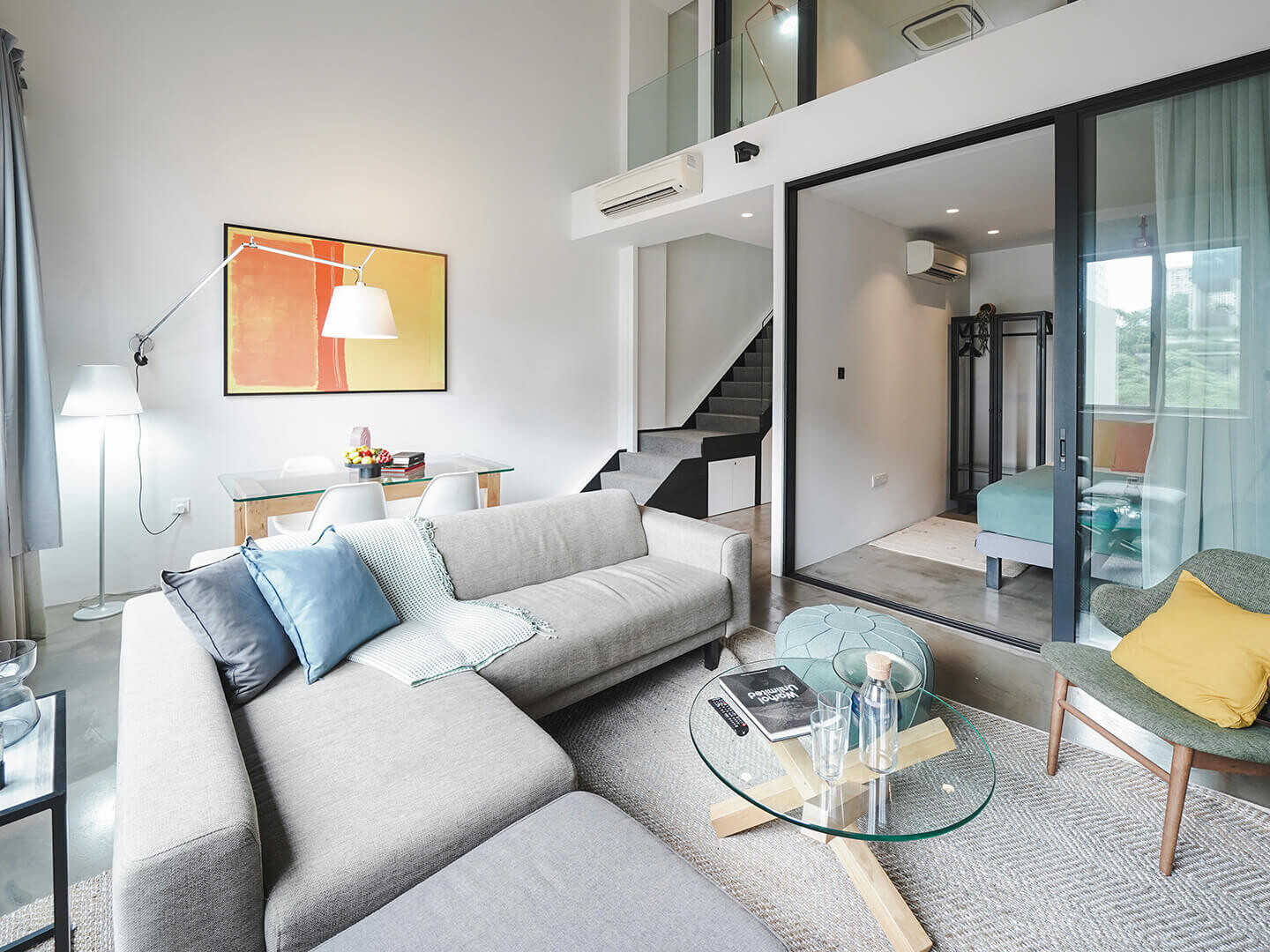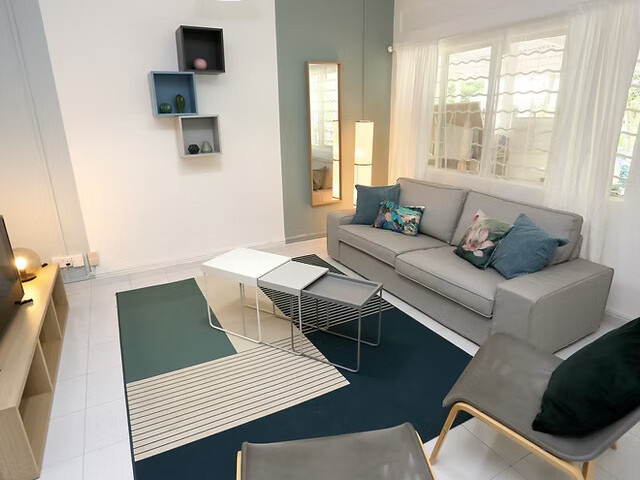Arrival
A quick checklist for international students to complete before and after arriving in Singapore.
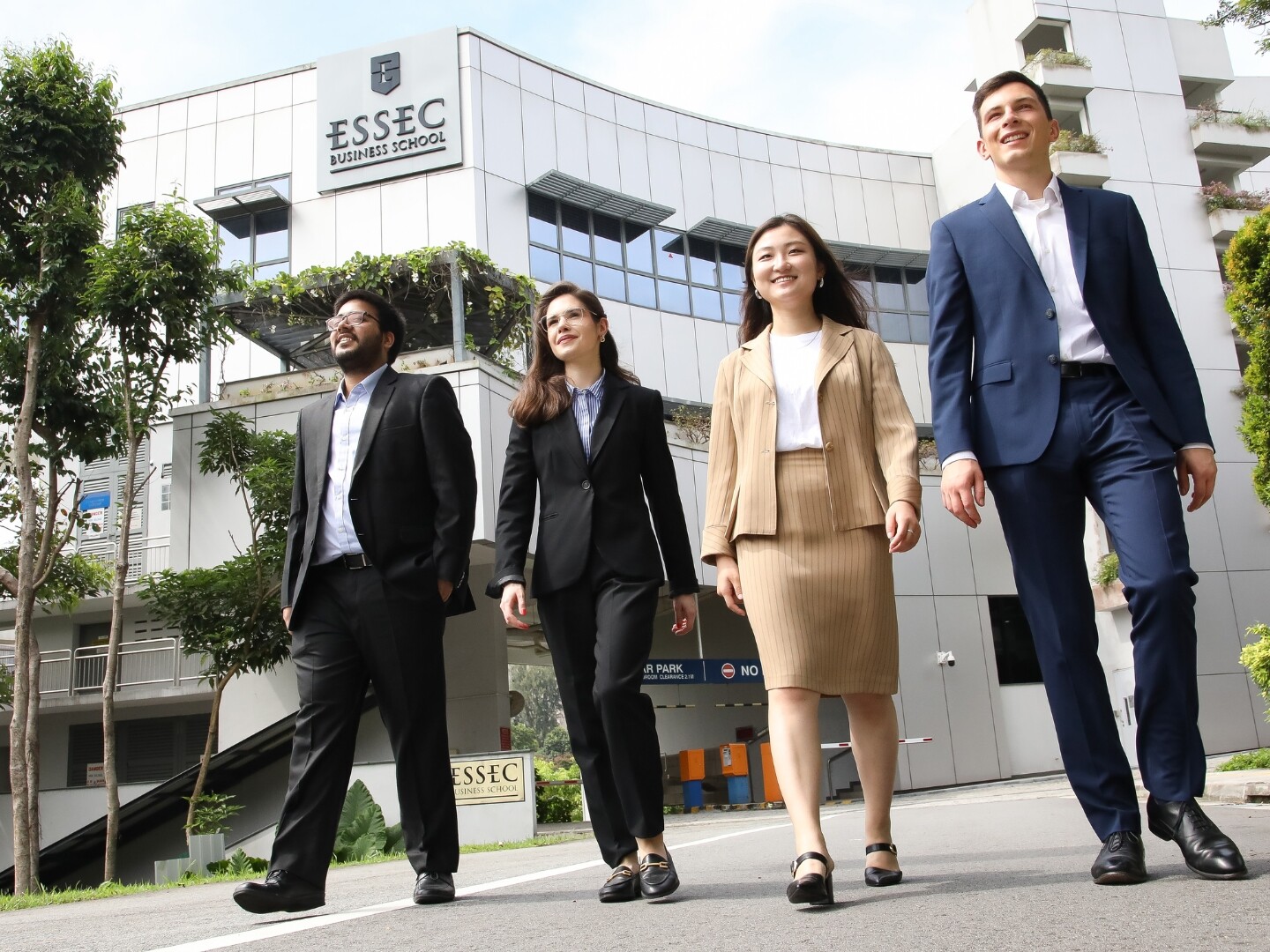
Three steps away to your next academic journey
To prepare for a successful study program in Singapore, here are the essential checklists the Academic Affairs Office at ESSEC Asia-Pacific recommends.
WHAT TO DO
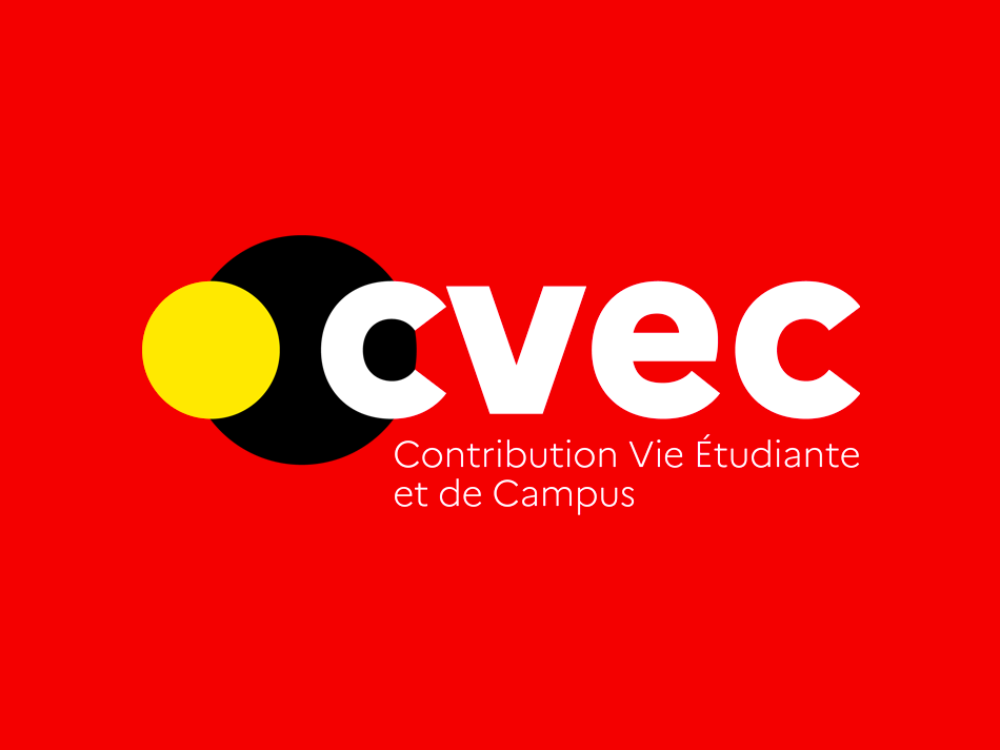
Pay student and campus life contribution (CVEC)
Students admitted to a French institution of higher education are subject to a CVEC fee (contribution de vie étudiante et de campus obligatoire). This annual fee finances on-campus programs that enhance student experience. Payment must be made in Euros to the Cergy campus, and all degree-seeking students at ESSEC must provide the registrar’s office with a copy of their CVEC certificate when enrolling.
Students enrolled in the MSc in Marketing Management and Digital in Singapore and Global BBA in Rabat who pay their tuition fees in Singapore and Rabat are not subject to the CVEC.

Apply for a Student Pass
- Submit passport details to ESSEC for the Student Pass (STP) application when prompted via email.
- ESSEC initiates the application process via the Immigration and Checkpoints Authority (ICA) portal as the STP sponsor.
- Submit eForm 16 to ICA and make payment.

Prepare flight, stay, and insurance
- Book your flight and accommodation in Singapore.
- Submit an insurance certificate to ESSEC before traveling to Singapore.
- Arrive in Singapore and move into accommodation.

Complete formalities at ICA building
- If your STP duration is more than six months, you are required to complete a medical check-up as per ICA’s requirements.
- Make an appointment with ICA to complete the formalities.
- Bring documents to complete formalities at the ICA building and to be issued with a digital STP.

Work, Study, and Live in Singapore with the VIE Program
The International Corporate Volunteer program (VIE, or Volontariat International en Entreprise) offers international opportunities for French and citizens of the European Economic Area to undertake a professional assignment with a fixed monthly allowance. Students or graduates get to work in Singapore for up to 24 months.
All COVID-19 protocols are subject to change by the relevant authorities.
Accommodation
Looking for short- or long-term stays in Singapore? Follow our handy guide.

Accommodation options in Singapore
Explore various accommodation options to suit your needs during your stay in Singapore. While ESSEC does not own or profit from these accommodations, we have curated a list of trusted service providers for your convenience. Click the links to learn more about each provider and their locations. Please contact the service providers directly with inquiries, as ESSEC is not affiliated with them.
EXCLUSIVE RATES FOR ESSEC APAC STUDENTS
Renting is easy and flexible with Cove, offering well-furnished rooms, apartments, maintenance, housekeeping, a digital booking process, and exclusive community events and perks.
The Keystone, by Homestead Group, transforms 1950s British military Heritage Townhouses into a Co-Living community for working professionals in Singapore.
By location:
SUGGESTED SERVICE PROVIDERS
A modern, stylish hostel on a hilltop near Holland Village, redefining student living with trendy social spaces and access to Bohemian eateries, cafés, and art studios.
From vibrant co-living spaces to cozy room rentals and dedicated student accommodation, The Assembly Place provides a diverse selection tailored to your needs.
Casa Mia Co-living offers a fully furnished, affordable, and flexible Singapore stay with included utilities, cleaning, maintenance, and vibrant community events.
Experience hassle-free living in Singapore with their extensive co-living services, offering over 1,700 fully furnished apartments, superior facilities, exclusive events, and member perks.
Stay at lyf one-north in Singapore for vibrant, convenient living. Enjoy nearby eateries, bars, and easy city access. Choose studios or lofts for short or long stays.
Bespoke Habitat offers fully furnished coliving apartments with flexible three-month stays and concierge-level service for professionals.
Habyt Singapore provides fully furnished apartments with utilities, housekeeping, Wi-Fi, and flexible three-month minimum stays citywide.
Homey Coliving offers fully furnished rooms with utilities, housekeeping, Wi-Fi, and communal spaces across Singapore’s prime districts.
Hei Homes offers designer coliving rooms with flexible three-month leases, complete furnishing, and boutique-style accommodations for professionals and students.
MDIS Residences offers furnished student accommodation with air-conditioning and 24-hour security for international students.
Xacco offers fully furnished student accommodation with over 300+ rooms available across Singapore for international students.
RECOMMENDED PROPERTY LISTINGS
Explore Singapore’s property market on 99.co, a smart portal with extensive listings and resources for HDB, condos, houses, and commercial spaces to inform your home buying or investment decisions.
EdgeProp is one of Singapore’s top property portals for news, listings, and tools for real estate agents, investors, and home-seekers. Explore thousands of up-to-date listings.
PropertyGuru offers a vast selection of Singaporean real estate listings, providing comprehensive details and visuals for sale and rental properties, supported by expert advice and tailored advertising solutions for owners and agents.
SRX makes finding and owning a home enjoyable, offering a community, powerful tools, and a wealth of listings and data for informed decisions since 2009.
Singapore’s diversity and Western ties make it a vibrant alternative for international students, despite its high living costs. Use Student.com to find affordable, quality student housing and get personalized assistance with a simple call.
Renting is easy and flexible with Cove, offering well-furnished rooms, apartments, maintenance, housekeeping, a digital booking process, and exclusive community events and perks.
The Keystone, by Homestead Group, transforms 1950s British military Heritage Townhouses into a Co-Living community for working professionals in Singapore.
- ESSEC is not associated with any of these service providers, please contact them directly if you have any questions.
- The information provided is subject to change. Please verify all details directly with the service providers for the most up-to-date information.

A home away from home
What does HDB stand for? What is a landed property? Here’s a quick summary of the property types available in Singapore.
PROPERTY TYPES
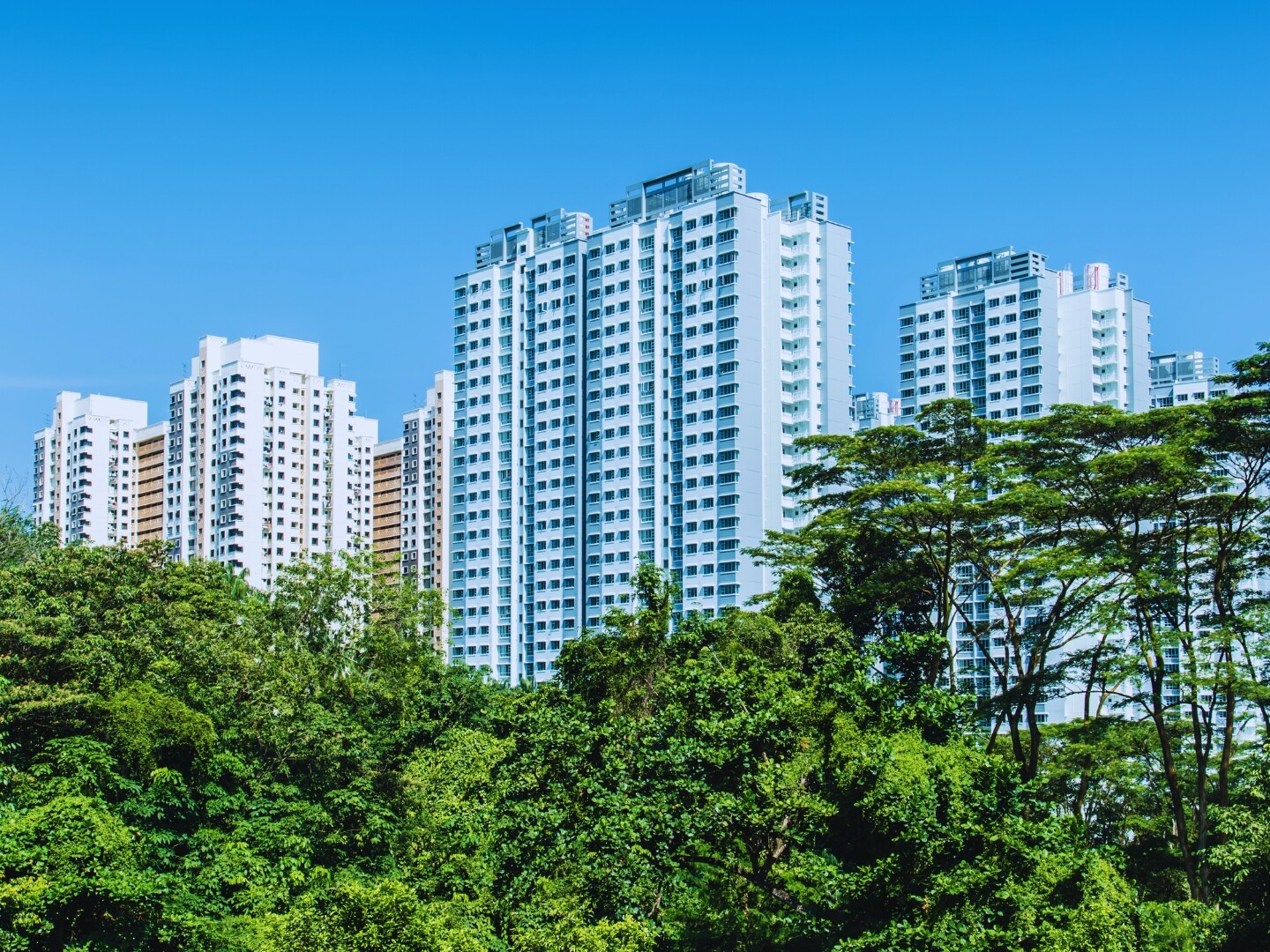
HDB flats
Eighty-five percent of Singapore residents live in these Housing Development Board (HDB) flats built by the Singapore government. Though classified as public housing, the standards are higher than those in the UK or France. Rooms are more affordable, and many amenities, such as MRT stations and shopping malls, are within walking distance.
Pros
Cheap, near amenities, and public transportation.
Cons
You must live with a landlord, and the rental duration must be over six months.
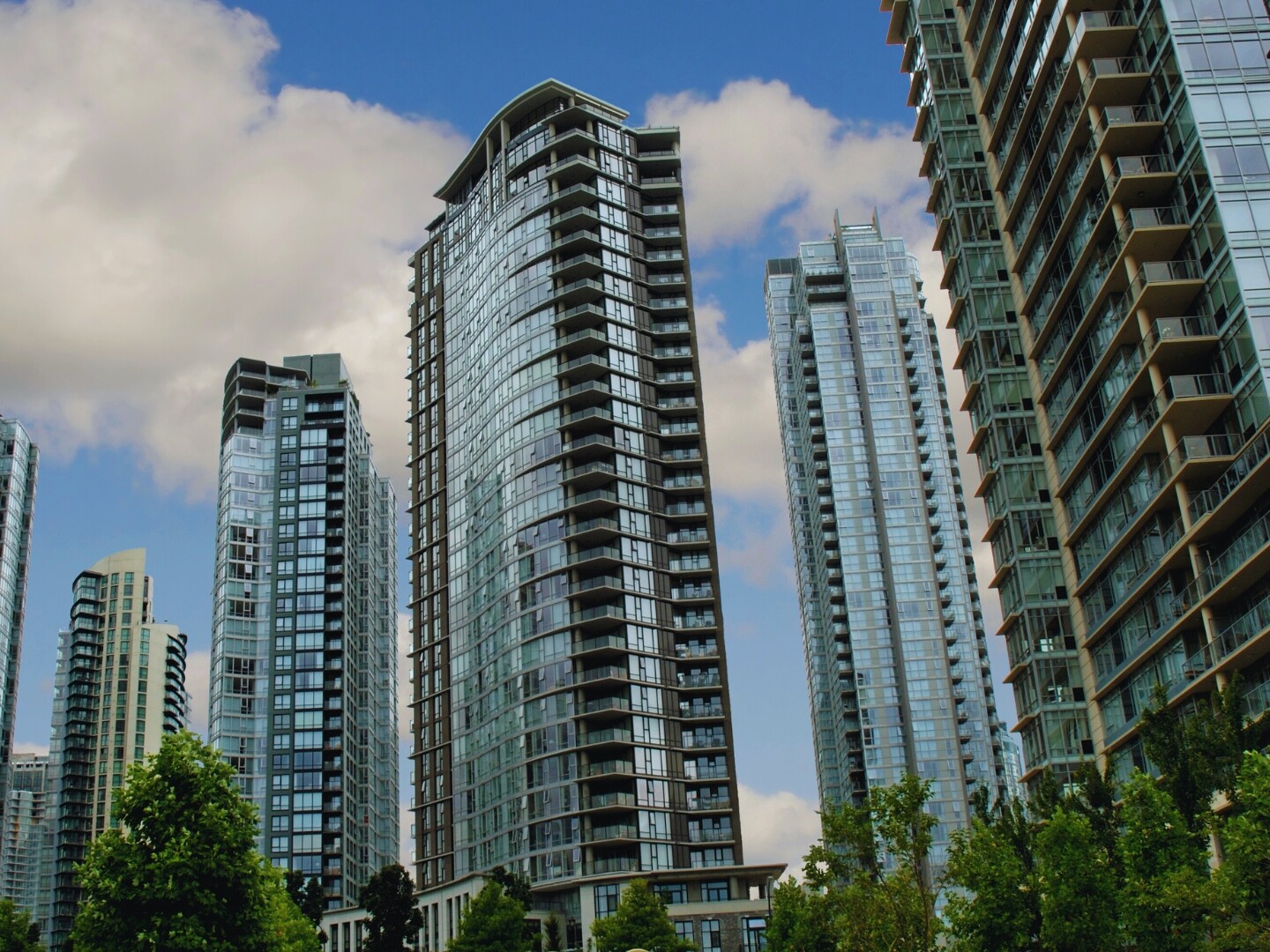
Condominiums
Condos are the favorite places for expats to stay. They are private apartments that offer many facilities, such as gardens, rooftops, swimming pools, tennis courts, gyms, KTV (karaoke rooms), and barbeque areas. Living in a condominium is the main advantage, but you pay a higher rent. You can rent a master bedroom (with en-suite bathroom), a common room, or a whole apartment.
Pros
Privacy, minimum rental duration of three months, wide range in budget and offerings.
Cons
Expensive and a little further away from amenities and public transportation.

Hostels
Hostel rooms are the least expensive option you can consider in Singapore. In hostels, you can share a room with another student. However, you usually have to share the bathroom with other students and are not allowed to cook. Think of it as a very interesting way to save some money to invest in other activities, but there is little privacy. Hostel rooms are recommended for short stays, i.e., three months or less. They could also come in handy if you are planning to find housemates after arriving in Singapore.
Pros
Cheap, near amenities and public transportation, minimum rental of one week.
Cons
Standards and lack of privacy may not be as high as the other options.

Serviced apartments
Serviced apartments are self-contained apartments available to rent for as short as one night and over a year. They are 100 percent dedicated, professionally-operated apartments with their own guest services and maintenance teams. As a bare minimum, serviced apartments are fully furnished and equipped. Towels, bed linen, Wi-Fi and TV subscriptions, utility bills, regular housekeeping, and an on-call maintenance team are all taken care of and included in one simple nightly or monthly rate.
Pros
Privacy, minimum rental of one week, and luxury living.
Cons
Expensive and usually further away from amenities and public transportation.

Landed properties
Landed property or houses are common in most parts of the world. However, in land-scarce Singapore, only the wealthiest segment of society and those who inherited them live there, and less than five percent of the population lives there. Types include bungalows, semi-detached houses, terrace houses, shophouses, cluster houses, and townhouses.
Pros
Privacy, minimum rental duration of three months, wide range in budget and offerings.
Cons
Expensive and usually further away from amenities and public transportation.
Airbnb allowance in Singapore is very complex. You need to book for six months in one booking, and there are other legibility requirements. We do not advise students to take legal risks in Singapore to book Airbnb.
Factors in choosing a location
Choosing a location would depend on your lifestyle preferences as well as some practical matters such as transportation access and amenities.
COMMON FACTORS

Facilities you require
Swimming pool, gymnasium, tennis court, laundry services

Transportation access
Number of MRT stations and bus stops nearby, number of buses plying this route, frequency and destinations.

Travel time to campus
This will be essential if you need to wake up early to attend class or if you have to study late on campus.

Travel time to prime districts
This will be essential for company meetings, industry visits, internships, restaurants and pubs in the city-centre or Central Business District (CBD).

Access to amenities
Such as supermarkets, shopping malls, restaurants, food courts, cinemas, etc.
POPULAR DISTRICTS
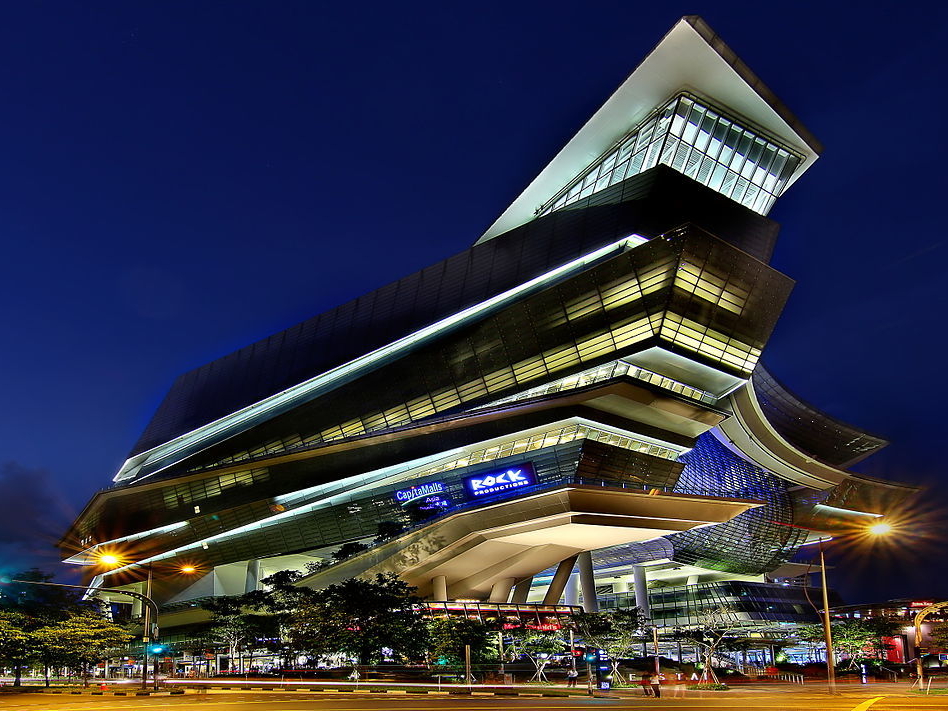
Buona Vista
Nearest to campus and located in west Singapore, Buona Vista offers a range of rental properties, with easy access to the Buona Vista and one-north MRT station. The area is known for its R&D and high-tech industries, creating a vibrant global talent hub.
Distance to campus
5 to 15 minutes drive
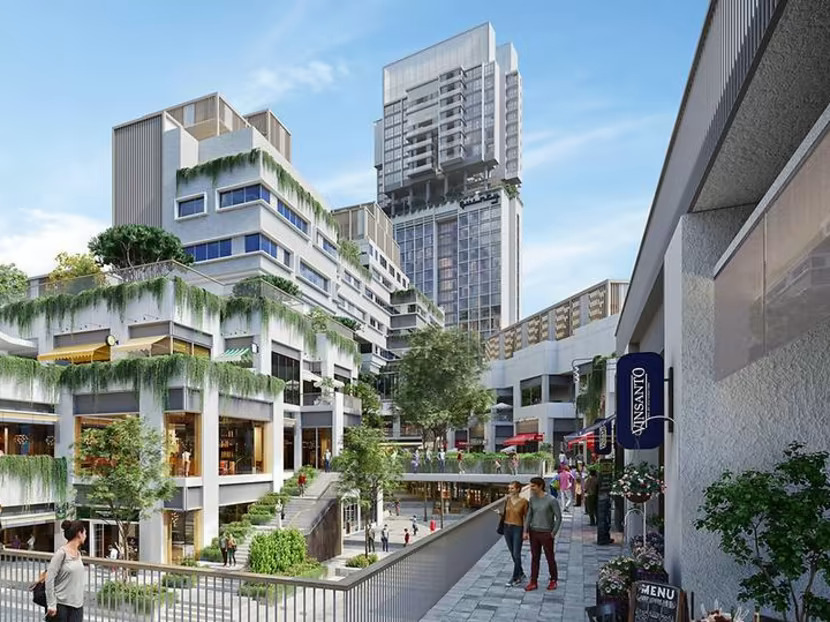
Holland Village
Holland Village, or Holland V, is a lively neighborhood in Central Singapore that is popular for dining and shopping among locals and expats. It offers a mix of eateries and unique shops.
Distance to campus
10 to 20 minutes drive
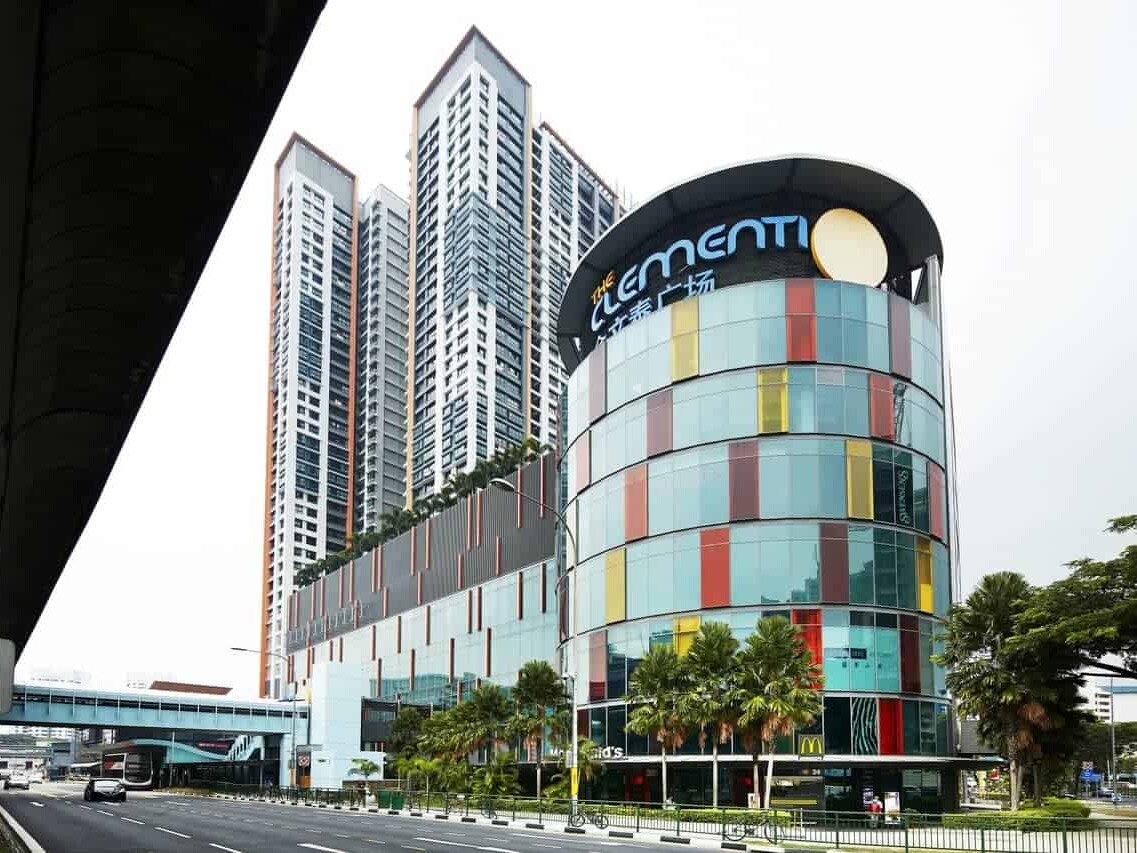
Clementi
Clementi is popular with students on Singapore’s West Region’s eastern fringe due to nearby educational institutions. The area offers a variety of accommodations.
Distance to campus
10 to 20 minutes drive

Tiong Bahru
Tiong Bahru, Singapore’s oldest housing estate, is in Bukit Timah. It’s known for trendy cafes and indie boutiques in pre-war architecture and is close to the Central Business District.
Distance to campus
15 to 20 minutes drive
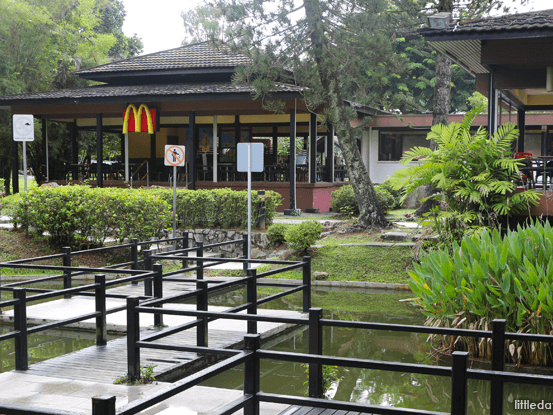
Queenstown
Queenstown is Singapore’s first satellite town on the Central Region’s southwestern fringe. It’s now a hub for high-tech innovation, with many high-tech companies and MNCs.
Distance to campus
15 to 20 minutes drive

West Coast
West Coast, part of Clementi in western Singapore, offers private housing and a local town center in its HDB estate. The area is known as West Coast Park.
Distance to campus
15 to 20 mins drive

Jurong East
Jurong East, in Singapore’s West Region, has evolved rapidly into a large housing estate. Attractions include the Singapore Science Centre and several shopping malls.
Distance to campus
20 to 30 minutes drive

Geylang
In Singapore’s Central Region, Geylang is the heart of Malay culture and hosts the Geylang Serai market. It is known for its local cuisine and durian stalls.
Distance to campus
35 to 40 minutes drive

Paya Lebar
In the East Region, Paya Lebar has grown into a commercial hub with new apartments and shopping malls since 2014.
Distance to campus
35 to 40 minutes drive

Short or long term stays
Short- or mid-term rentals are flexible. Long-term stays are more cost-efficient.
PROPERTIES FOR VARIOUS STAYS
1 month
- Hostels
Affordable options with communal facilities.
- Hotels
A number of hotels offer monthly deals which include utilities, Wi-Fi, and facilities.
3 months
- Private properties
Condominium rentals offer rooms for short stays. These may have facilities like swimming pool, gym, BBQ pit, etc.
6 months
- Public housing
With a minimum rental period of 6 months, you can rent a room in a public flat. This is where most locals live.
- Private properties
Entire units in condominiums, from studios to multiple rooms, are available; rent can be split among housemates.

Tips for viewing and inspecting properties
Viewing rental properties is crucial in house-hunting. Thorough inspections can reveal hidden issues like maintenance problems, ensuring you avoid unpleasant surprises after moving in. A diligent viewing can save future hassles.
WHAT TO DO

Preparation
Arrive early for your viewing to explore the neighborhood and its amenities. Check for things landlords might not mention, like construction or local facilities, and use public transport to gauge convenience.

Tour the property
While video tours are an option, an in-person visit is highly recommended. It allows you to experience the apartment's ambiance and identify issues not visible in videos, such as wall cracks or external noise.

Inspect the property
You typically have 15 minutes for a thorough inspection. Use this time to check for any defects, using a checklist to guide you. Discuss any issues you find with the landlord or agent, as these can be crucial in your later negotiations.
WHAT TO CHECK

Space efficiency
Evaluate if the unit's space is utilized well, avoiding unnecessarily large closets or awkward furniture. Consider the ease of rearranging or the difficulty in relocating fixed items like built-in screens or kitchens.

Window placement
Assess natural light and window locations to anticipate sunlight exposure throughout the day. Be mindful of the potential for excessive heat, especially in the afternoons in Singapore.

Electrical sockets
Ensure plug points are conveniently located, as relocating them can be challenging. Check their suitability with your layout plans, considering aesthetics and the practicality of using extension cords.

Internet connectivity
Confirm the presence of a fiber termination point for optimal internet access, crucial in Singapore’s high-speed connectivity environment. Research installation processes if necessary.

Negotiation clarity
Use property viewings to clarify with landlords or agents what’s included and who's responsible for what. Aim to minimize ambiguities and discuss potential points of dispute proactively.

Invest the right way
Learn strategic techniques to secure the best rental deal. Follow these steps when negotiating.
WHAT TO DO

STEP 1
Research rental prices and trends
Investigate current rental prices and market trends for a thorough understanding. Comparing similar properties helps establish a baseline for negotiations and prevents overpaying, while knowledge of market dynamics empowers you during discussions.

STEP 2
Know your bargaining position
In a tenant-favored market with higher supply than demand, recognize your advantage. Understand market conditions to negotiate better terms, using this insight respectfully to influence discussions.

STEP 3
Maintain a friendly relationship
Build a positive relationship with the landlord’s agent. A good rapport can influence the landlord’s decision-making. However, maintain a non-committal stance. Ask key questions about the property and express the need for time to decide.

STEP 4
Assess your bargaining position
Highlight your interest in the property while indicating you’re exploring other options. This approach suggests flexibility, giving you leverage in negotiations.

STEP 5
Play around with the variables
Negotiate on various rental agreement aspects, like utilities and furniture inclusion. Focus on what matters most to you and what the landlord might be more flexible with.

STEP 6
Use that ace up your sleeve
Before signing the Letter of Intent, take time to reflect. This can lead to a better offer as landlords may improve terms to avoid losing a potential tenant.
ESSEC Asia-Pacific accommodation support
We strive to support international students in their search for the ideal property that meets their needs and budget.
SUPPORT ESSEC OFFERS
Information on budget, property type, location, transportation, and amenities to help you decide on the property that meets your needs.
Tools for making the best decision on financing, locating, and negotiating rental properties.
Suggestions for property websites and service providers.
STUDENT’S RESPONSIBILITIES
Search for a rental property. ESSEC does not have properties to rent in Singapore.
Work with agency services. Only property agents and registered service providers can offer properties for rent.
Analyze property market. Make a decision based on latest rates and comparison between different properties.
Connect with housemates. If relevant, look for other students to rent a property with.
Choose which property to rent. Includes deciding on location, budget, and housemates.
Legal advice. All legal matters or dispute resolution will be handled by the tenant.


